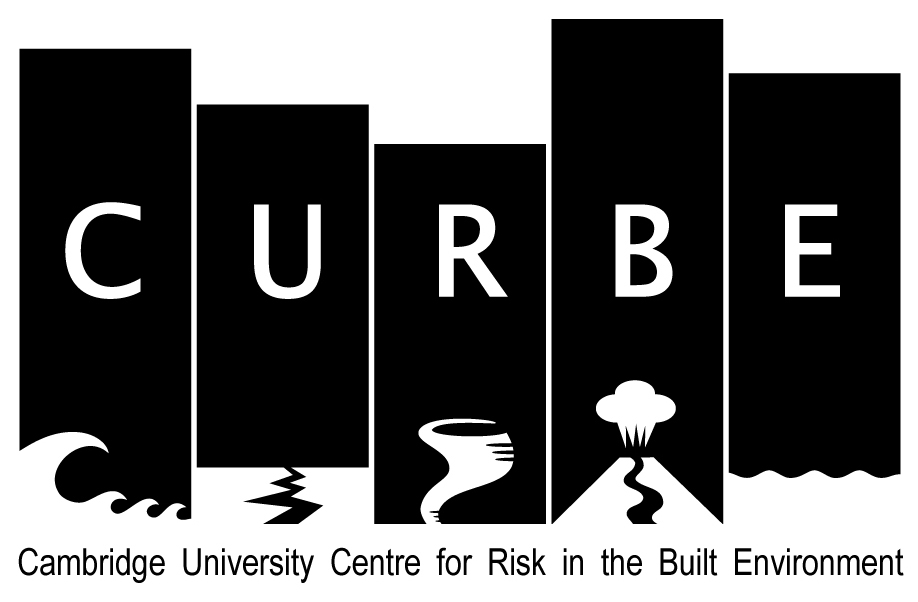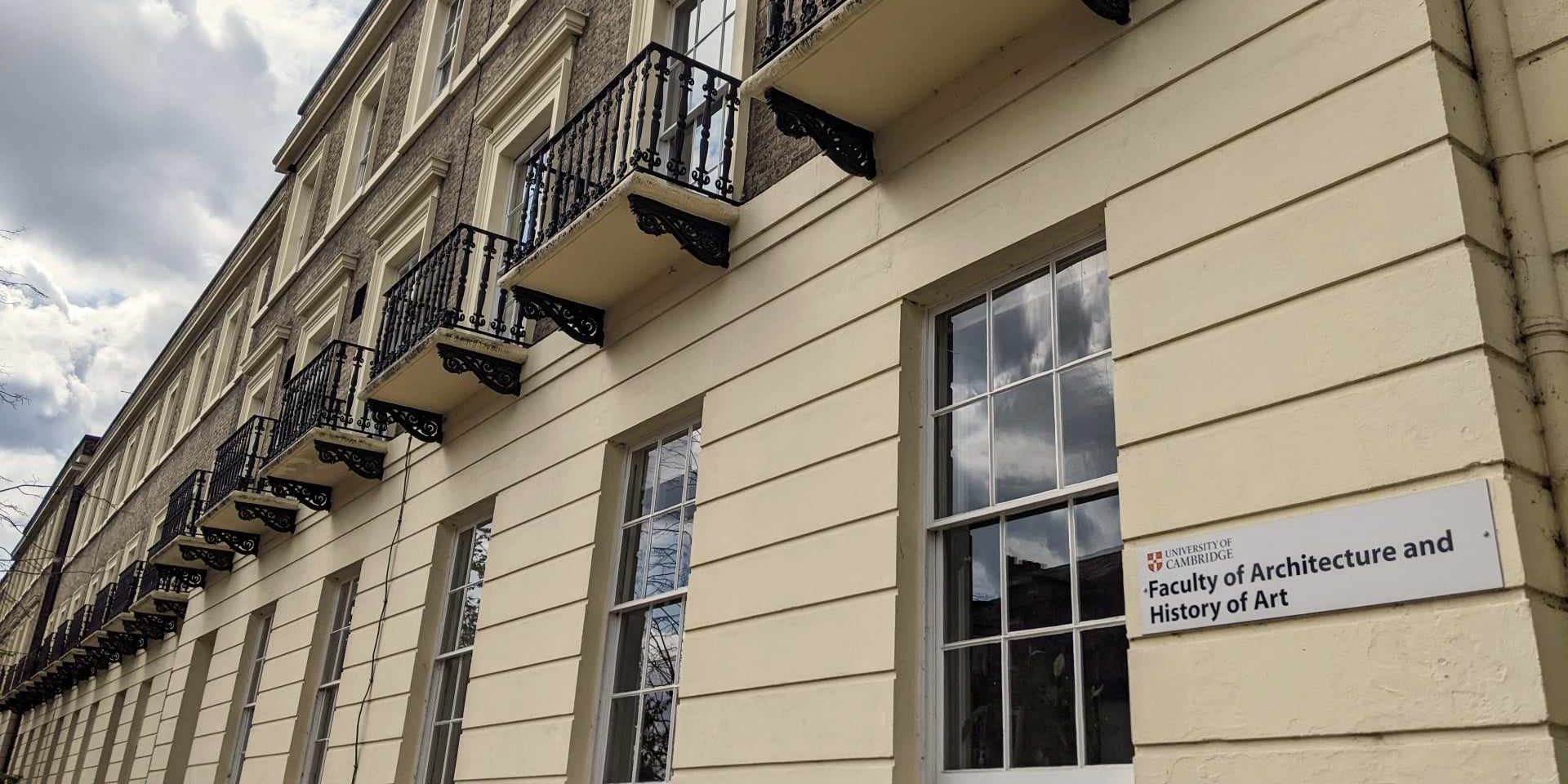Welcome!
We are an interdisciplinary research team at the Cambridge University Centre for Risk in the Built Environment and AI for Environmental Risks. Our aim is to explore how artificial intelligence (AI) can provide an improved understanding of the global resilience in response to intensifying effects of climate change and other natural hazards.
When the Hyogo Framework for Action 2005-2015 concluded, a global concern on the increasing frequency and intensity of disasters, the exacerbating effects of climate change, and the higher rate of increase of human settlements exposed to disasters despite a decrease in their vulnerability urged the international community to jointly develop the Sendai Framework for Disaster Risk Reduction (SFDRR) 2015-2030. However, its 2023 midterm assessment has revealed inadequacies with prevailing short-termism, thus stressing the need for a reliable understanding of the evolving risk landscape.
This short-termism of SFDRR has already been argued in the past by the insurance industry because of the use of improper ‘snapshot’ metrics, which does not fully represent the incremental progress of countries by disregarding the scientific understanding of the occurrence of extreme events, as widely used in the state-of-the-art (SOTA) probabilistic catastrophe models. Despite the availability of SOTA models, modelling and ethical challenges remain in standardising exposure datasets across countries with different and lacking vulnerability characteristics.
To this end, this project investigates SOTA models and AI methods to quantify exposure and risk of the built environment at large scales, and would enable the beginnings of a global risk audit, measuring the changes of disaster risk profiles over time to assess whether countries are making progress.
We are always looking for stakeholders such as local disaster risk managers (especially from underrepresented and high-risk countries) for collaboration to inform our research design.
We are grateful for funding from the University of Cambridge International Bursary and the UK Research & Innovation Engineering and Physical Sciences Research Council.




News
3. March 2024
Our developing work “Global Mapping of Exposure and Physical Vulnerability Dynamics in Least Developed Countries using Remote Sensing and Machine Learning” has been accepted as a poster presentation at 2nd Machine Learning for Remote Sensing Workshop, 12th International Conference on Learning Representations (ICLR) in Vienna, Austria, on 11th of May 2024. More details to follow.
8. February 2024
Joshua has been awarded a three-month fully-funded Helmholtz Visiting Researcher Grant to do an exciting summer research with the “Team Geo-risks” at the German Aerospace Center in July, August, and September 2024. If you’d be around and would like to chat about our work on the intersection of machine learning, disaster risk, and remote sensing, please feel free to send me an email.
31. July 2023
Joshua started a summer research project at the Centre for Remote Sensing of Land Surfaces, University of Bonn.
26. June 2023
Joshua joined the UK Alliance for Disaster Research and the Disasters Research Group (DRG) to review and discuss current disaster research practice in the UK at Wellcome Trust, London.
21. June 2023
Joshua delivered a presentation at Risk Management Solutions in London.
